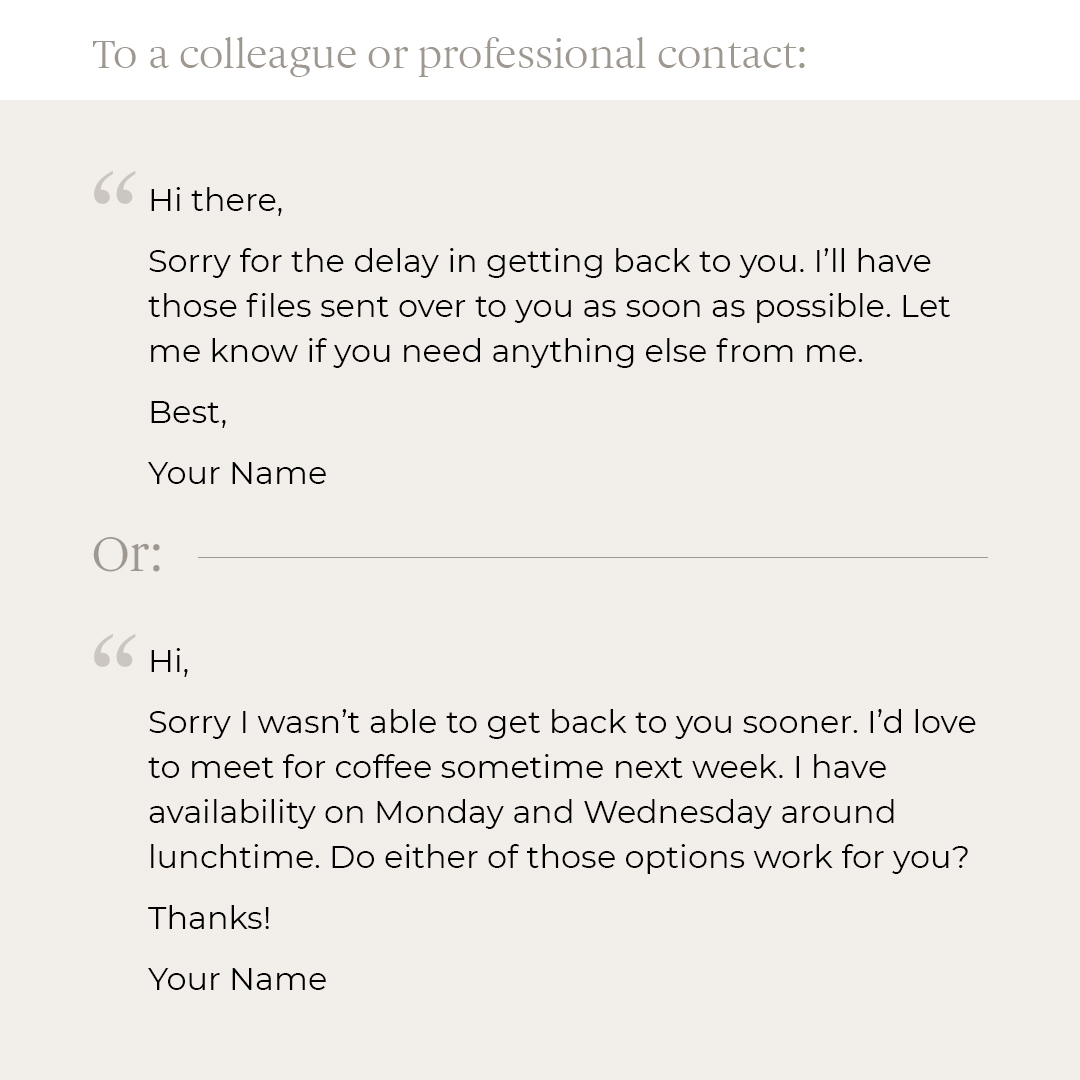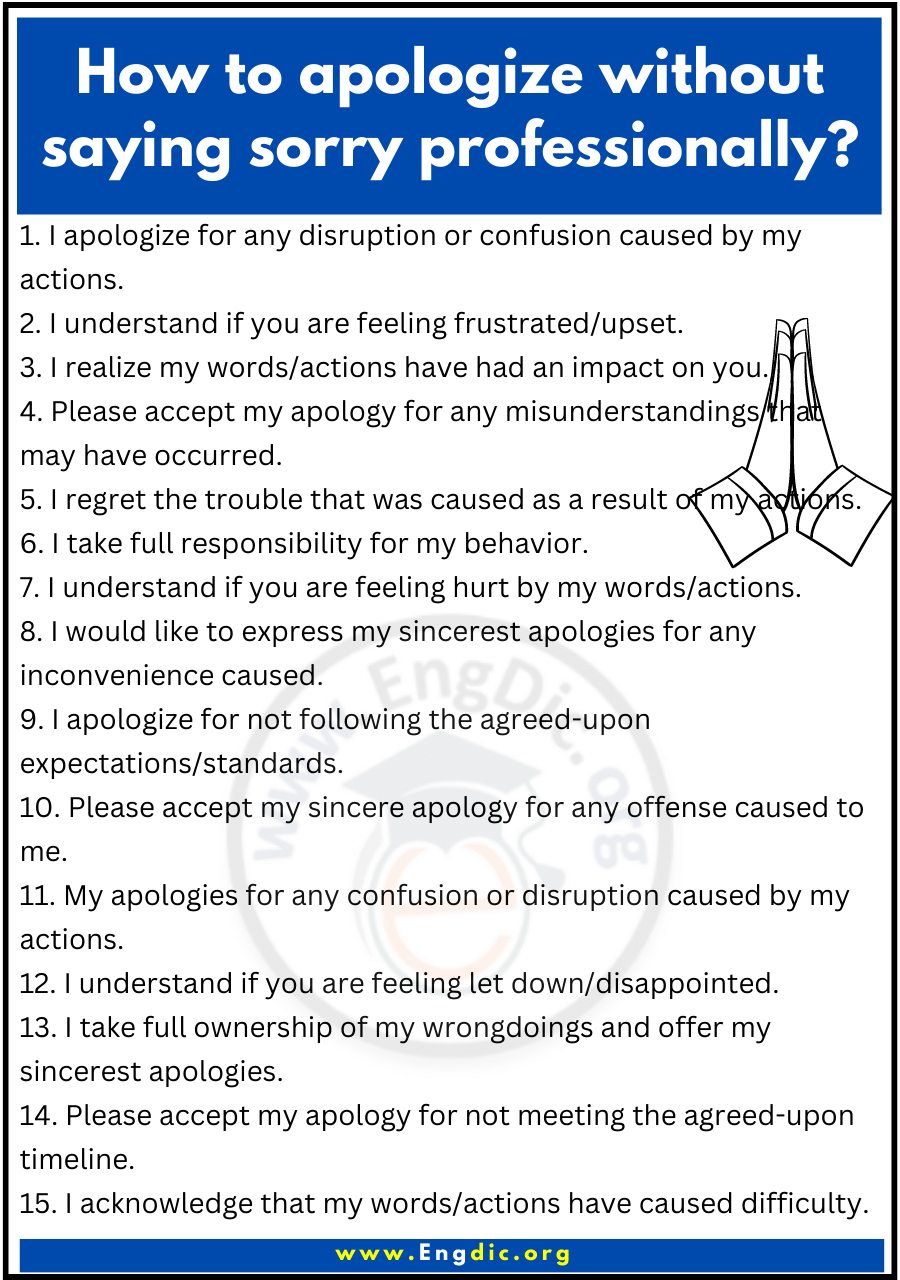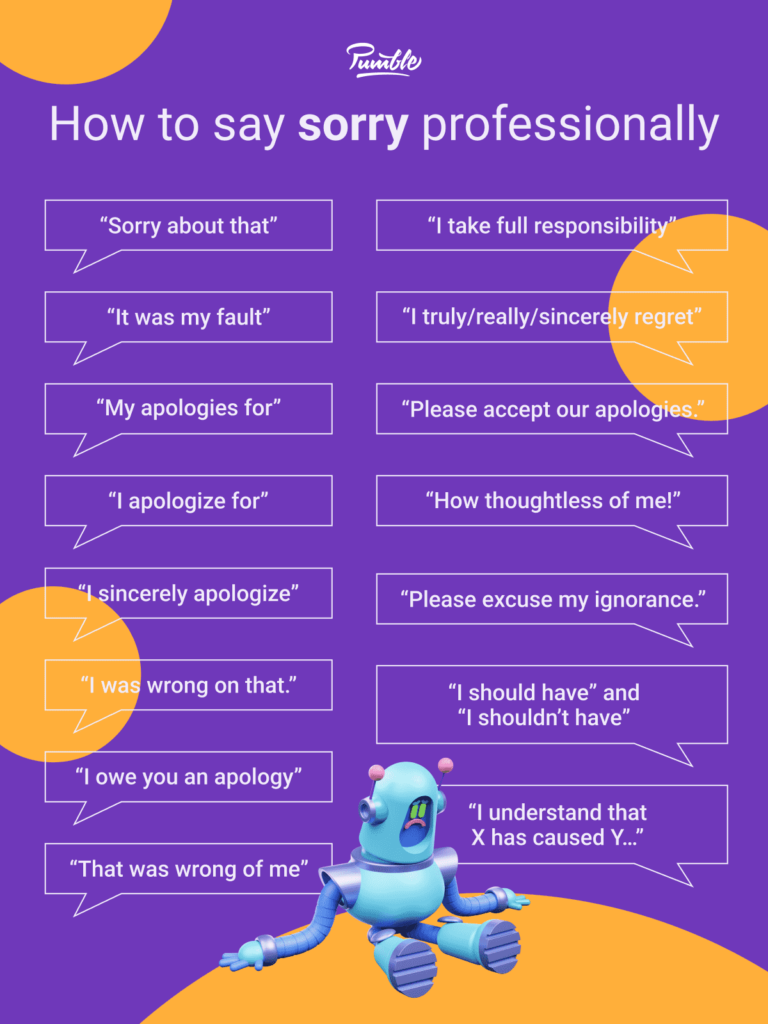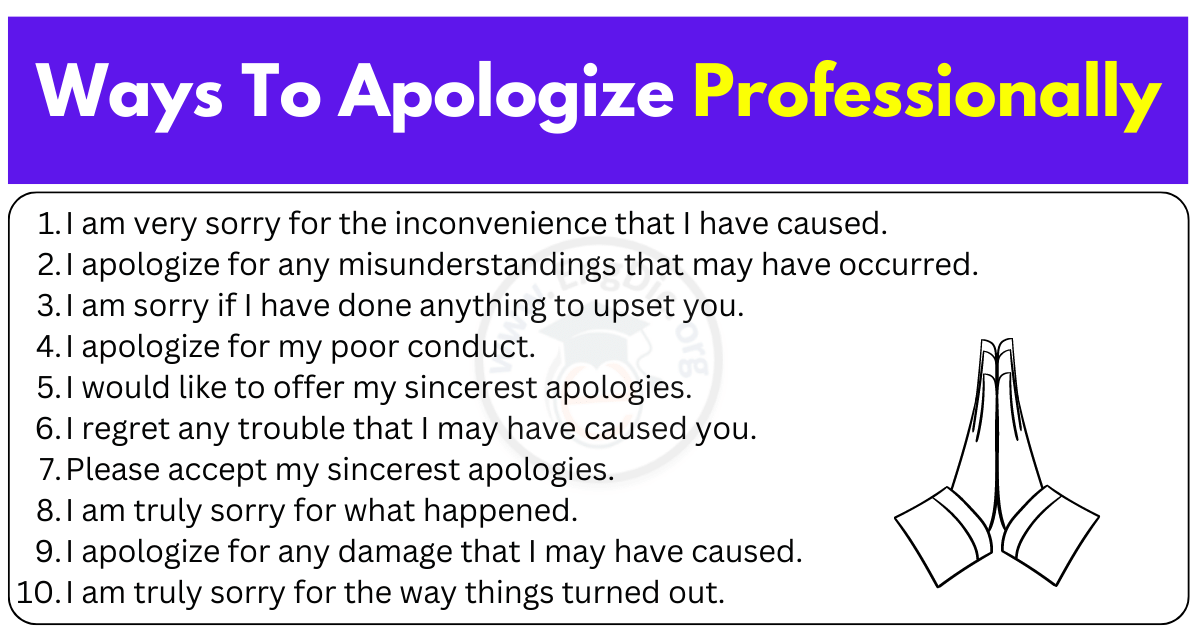How To Apologize In Email Without Saying Sorry
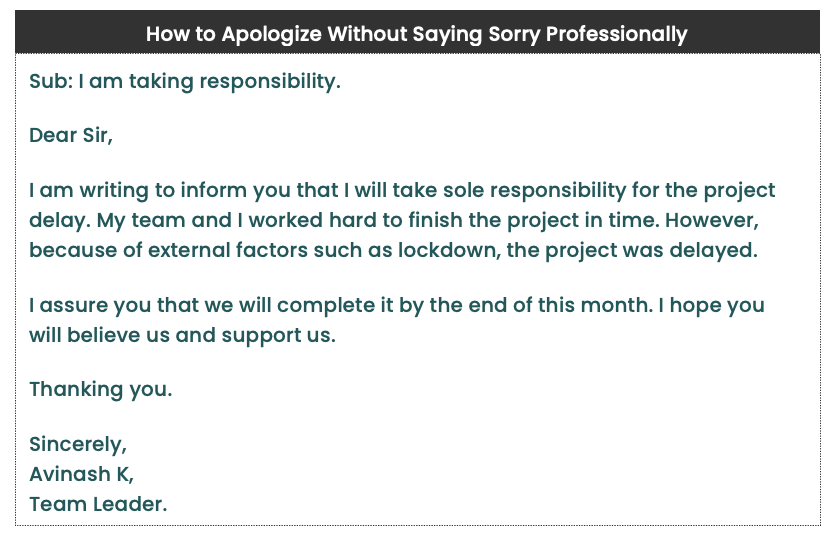
Imagine this: Your inbox pings, revealing a message from a valued client. Their words are polite, yet a subtle chill hangs in the air – a missed deadline, a misunderstood instruction, or a project that didn't quite hit the mark. The pressure mounts; crafting the perfect response feels like navigating a minefield. But what if you could defuse the situation and rebuild trust without uttering the dreaded "s" word – sorry?
In professional communication, particularly via email, apologizing effectively is crucial for maintaining relationships. This article explores the art of offering amends without explicitly saying "I'm sorry," providing strategies to acknowledge mistakes, take responsibility, and restore goodwill with grace and sincerity.
Why Rethink the "Sorry"?
While sincerity is key, the word "sorry" can sometimes come across as insincere, deflect responsibility, or even admit liability in certain contexts. It’s about finding alternative phrases that convey empathy and a commitment to improvement without diminishing your authority or potentially opening the door to legal complications.
Consider the advice offered by communications expert, Dr. Emily Carter, in her recent webinar on effective workplace communication. "Sometimes," she explained, "the direct apology can feel like a shortcut. Focusing on understanding the impact and outlining concrete steps forward demonstrates a deeper level of care."
Focus on Understanding and Acknowledgment
Instead of a blanket apology, start by validating the other person's feelings. Acknowledge the inconvenience, frustration, or disappointment caused by the situation. Use phrases like, "I understand how frustrating this must be," or "I recognize that this has caused an issue."
Demonstrate that you’ve listened to their concerns and are genuinely invested in finding a solution. This shows empathy and a willingness to make things right.
For example, instead of "I'm sorry for the delay," try "I understand the delay has been disruptive, and I want to assure you we're working to resolve it promptly."
Take Ownership and Responsibility
Avoid shifting blame or making excuses. Even if other factors contributed to the problem, owning your part in the situation shows integrity. Use phrases like, "I take full responsibility for the error" or "This fell short of the standard we strive for, and I regret that."
This demonstrates accountability and builds trust. A recent study by the Harvard Business Review found that taking ownership, even when not entirely at fault, significantly improved customer satisfaction scores.
Offer Concrete Solutions and Next Steps
The most important part of any email “apology” is outlining how you plan to rectify the situation. Focus on specific actions you're taking to prevent similar issues in the future. Detail the steps you're taking to resolve the current problem.
Providing tangible solutions demonstrates your commitment to resolving the issue and regaining the other person's confidence. For instance, instead of "I'm sorry this happened," try "To rectify this, we are implementing [specific actions] and will keep you updated on our progress every [timeframe]."
Express Gratitude and Appreciation
Thanking the other person for bringing the issue to your attention can turn a negative situation into a positive one. It shows you value their feedback and are committed to improving. Use phrases like, "Thank you for your patience and understanding" or "I appreciate you bringing this to our attention."
This small gesture can go a long way in smoothing ruffled feathers and strengthening the relationship. Remember, the goal is not to avoid accountability, but to demonstrate genuine concern and a commitment to improvement.
Crafting an email that acknowledges mistakes without explicitly saying "sorry" requires careful consideration and thoughtful language. By focusing on understanding, taking responsibility, offering solutions, and expressing gratitude, you can effectively rebuild trust and maintain strong professional relationships, proving that sometimes, actions – and carefully chosen words – speak louder than apologies.





